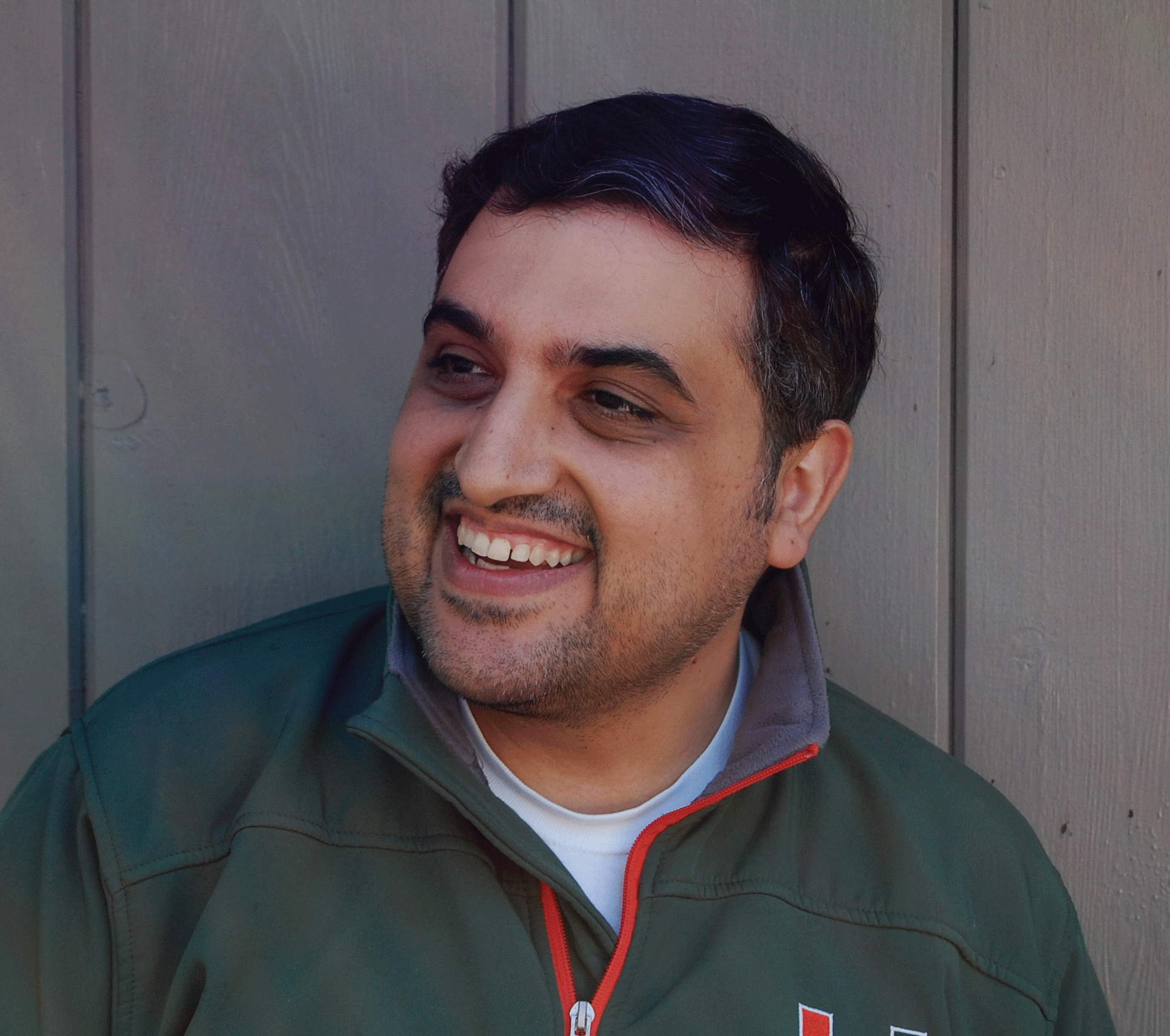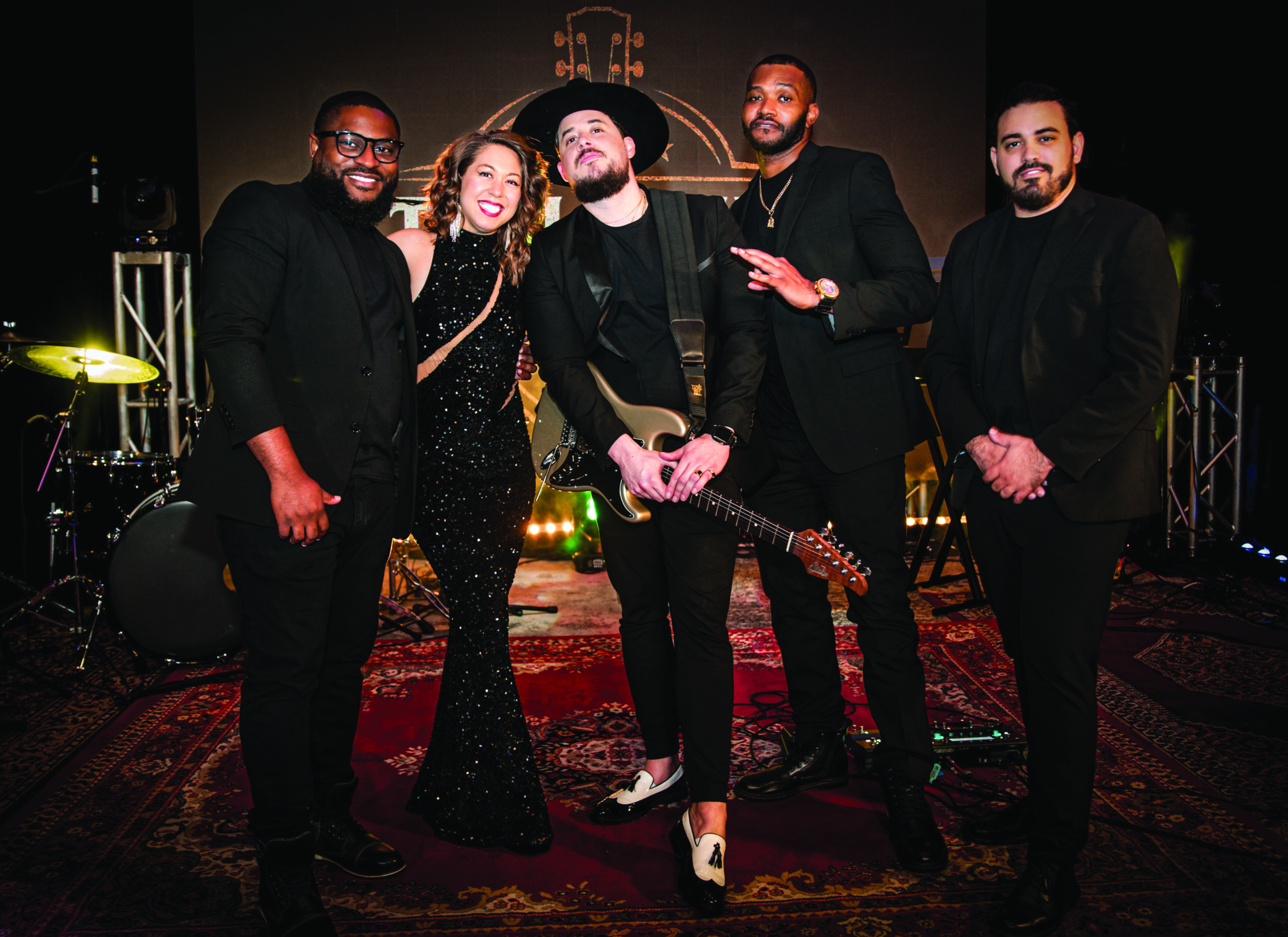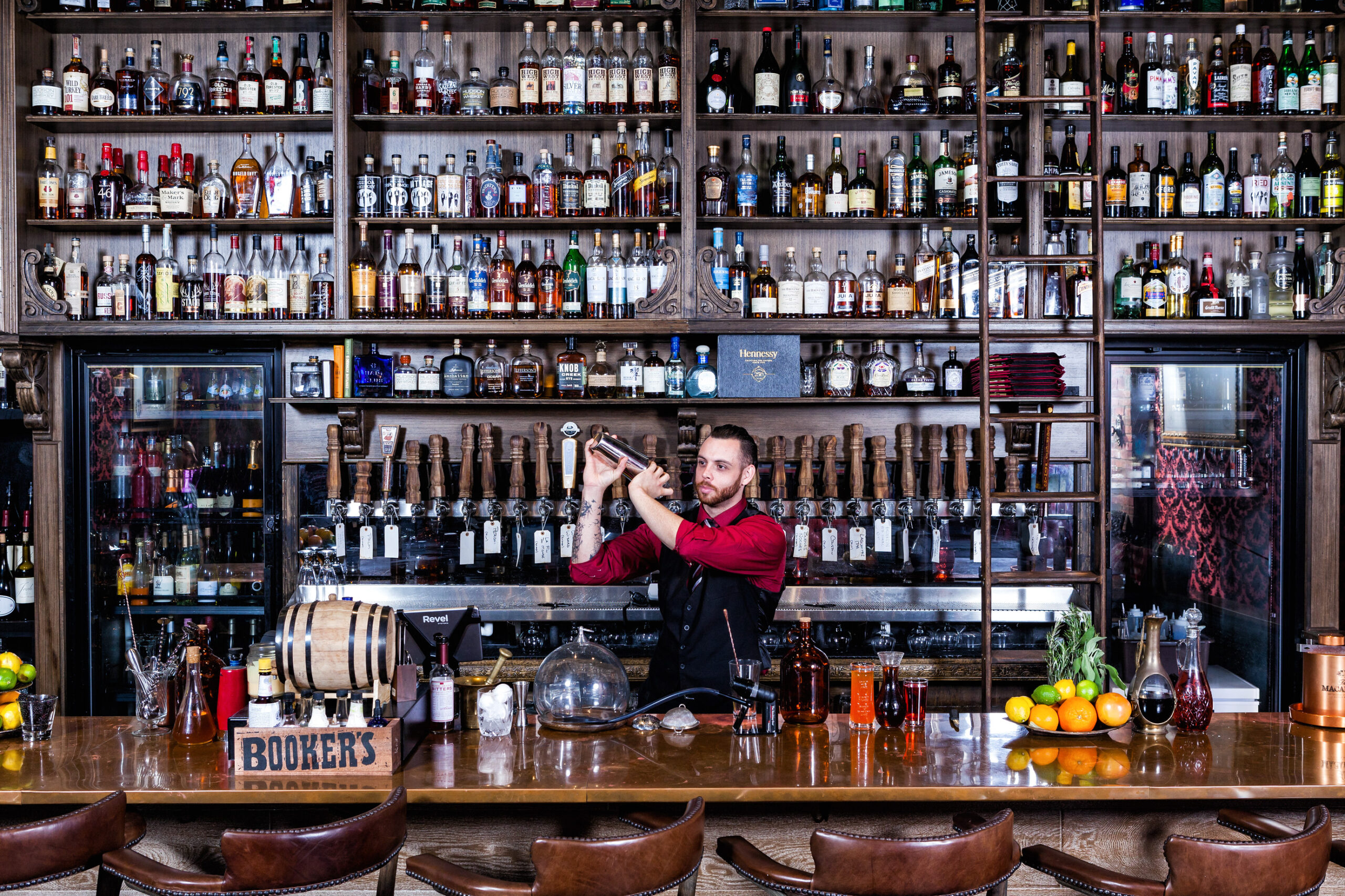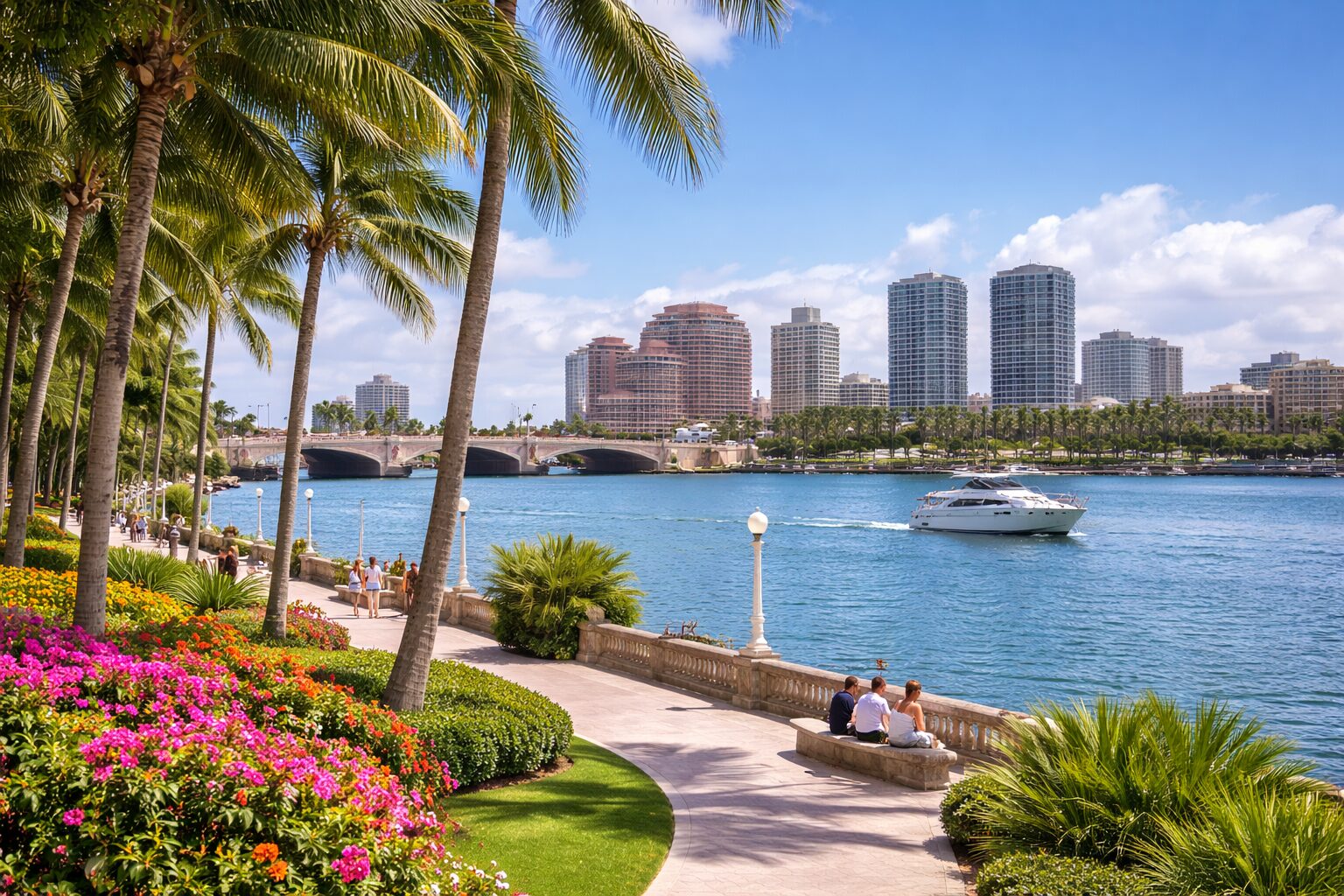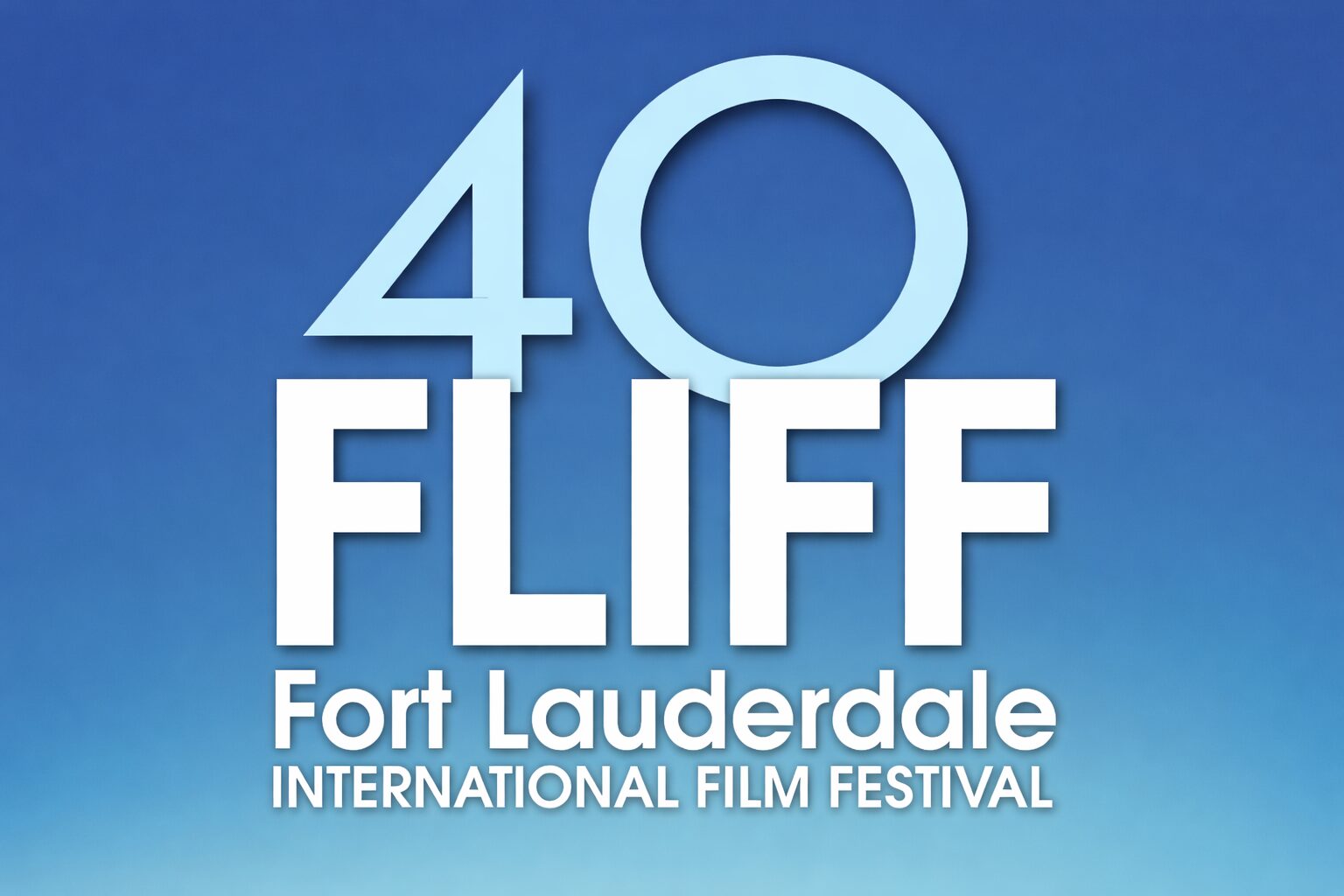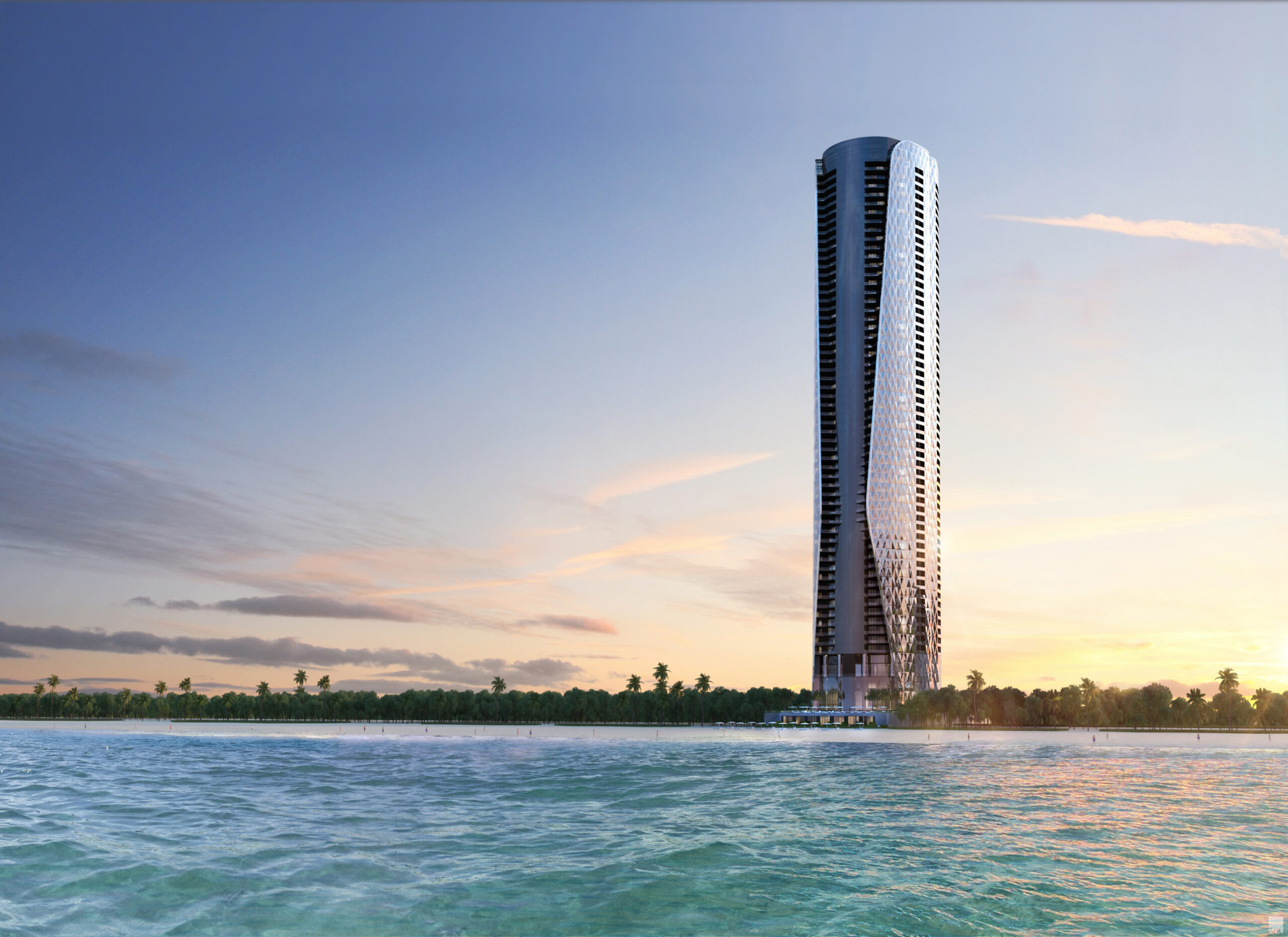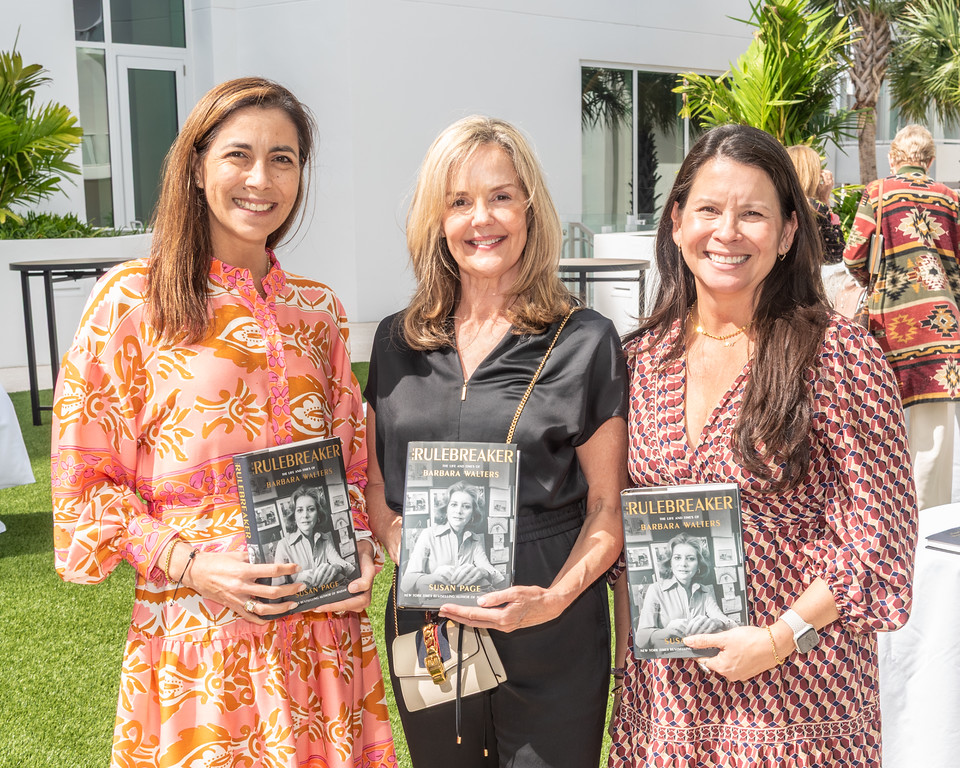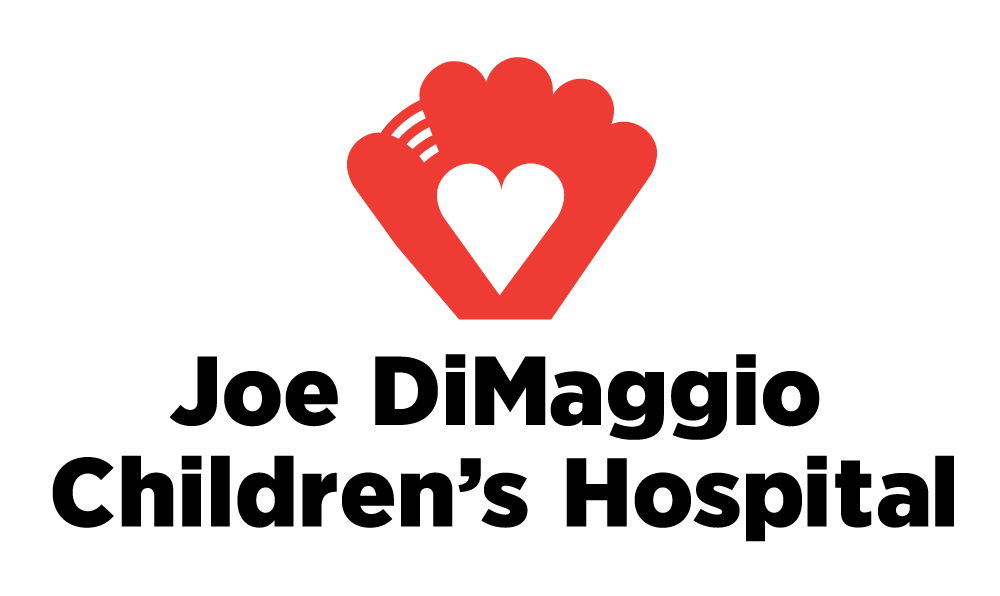
Twenty-two years. That’s almost half of 41-year-old Roben Farzad’s life. More than two decades ago, he beganhis research for a book, but the spark ignited even before that while he was a senior at North Miami Beach Senior High School. Farzad, who arrived as an immigrant by way of Iran, was selling frozen lemonade on the corner of South Bayshore Drive during the Great Grove Bed Race in 1994, when he became fixated on an abandoned building.
That initial connection with Coconut Grove’s Mutiny at Sailboat Bay hotel and nightclub resulted in Hotel Scarface: Where Cocaine Cowboys Partied and Plotted to Control Miami (published by a division of Penguin Random House). Farzad will speak at the Miami Book Fair in a conversation with Billy Corben, creator of the documentary “Cocaine Cowboys,” on Nov. 19 at 4:30 p.m.
Pinecrest Lifestyle spoke with Farzad about his newly released book.
There are a lot of Cuban exiles in Miami, but there aren’t many from Iran.
In late 1978, my aunt was in medical school in Miami. It was the middle of the Iranian Revolution, and she told my father that this was the time to get out and that we could come and live with her. Almost everyone else who fled ended up in Los Angeles, which is how the city earned the nickname “Tehrangeles” or “Irangeles.”
The inspiration for Hotel Scarface happened many years ago, yes?
Before I left to go to Princeton University, I saw the Mutiny. A cracked sign with a pirate logo hung [at] a collapsed garage, and there was a Dumpster overflowing with garbage with vultures swarming around. I’m not given to phantasmagoria, but I was haunted. Then, combine that with me leaving soon for school in the Northeast. Well, I became homesick first semester, and I kept thinking back to that dwelling and that scene. I had written the address down in my wallet, and when they gave me my library login, I started searching. I am a nostalgic person by nature, so it really indulged that.
What did you discover?
It was this private club that embodied the decadence of Miami’s “cocaine cowboys” heyday. The place was stealing headlines in 1981 and 1982. Hollywood royalty and rock stars were coming in and out. So I’d search a little more, and find a police report here and there, and then I’d put it down. But I just could never let go of it. And the more I put feelers out, and people started filling in the blanks for me, I felt like I had a responsibility to deliver this story, where amid the boatloads of powder and cash reigned the new kings of Miami: three waves of Cuban immigrants. I do remember it was difficult to find a protagonist in this story; everyone was sullied.
Did growing up in North Miami Beach in the early 1980s influence your perception of what was happening inside the walls of the Mutiny Club?
I was watching “Miami Vice” with the rest of America, and Miami’s notorious side was provided to me through the pastel colors of Michael Mann and the Hollywood filter of the movie “Scarface.”
There was an incident when you were a kid, though, in which you thought you came across some smuggled drugs floating in Miami waters. What’s that story?
I’ll never forget that. I remember there was a teenager all over the news who was given an award by North Miami Beach because he thwarted a robbery at a store. I wanted to be that guy. So, in 1985, my cousin Holly and I were fishing in North Miami and I swore I saw a kilo of cocaine floating up. I started yelling to her that we had to call the television stations and get a news crew there. We were going to be famous. The news guys showed up and they helped us bring the thing in with a fishing net. Turns out it was a pillow that fell off a cruise ship. That was the closest I ever came to (being a cocaine cowboy).
You were able to get some people to talk to you on the record about illegal things that were going on inside that club during its heyday.
Well, imagine the fictional Tony Montana [the lead character in the 1983 film “Scarface”] now. He’d be a guy wearing white tube socks and going to an early-bird dinner at a Cuban café on Le Jeune Road—but, otherwise, he’d be happy to talk about his life. It was pre-AIDS, free sex, free money, free cocaine. Now the party’s over, and it’s 35 to 40 years after the fact. In many cases, it opens up the trauma that they may have thought was long healed.
Who were some of the most interesting people you got to talk to?
There were a lot of them. Some of the best ones wound up on the cutting-room floor. There was a waitress that the feds pursued because they had busted her house because her boyfriend was a dealer. The DEA nabbed them, and she remembers it was the day of the evening she and her boyfriend were going to see Michael Jackson at the Orange Bowl. The feds took her Michael Jackson tickets. I was allowed email access to some of the prisons, and I wanted to visit [Miami drug lord] Sal Magluta in prison, but it didn’t happen. They did let me email him for a while, but then it was cut off.
When: Nov. 12-19
Where: Miami Dade College Wolfson Campus,
300 NE Second Ave.
Info: 305.237.3258
Website: miamibookfair.com



